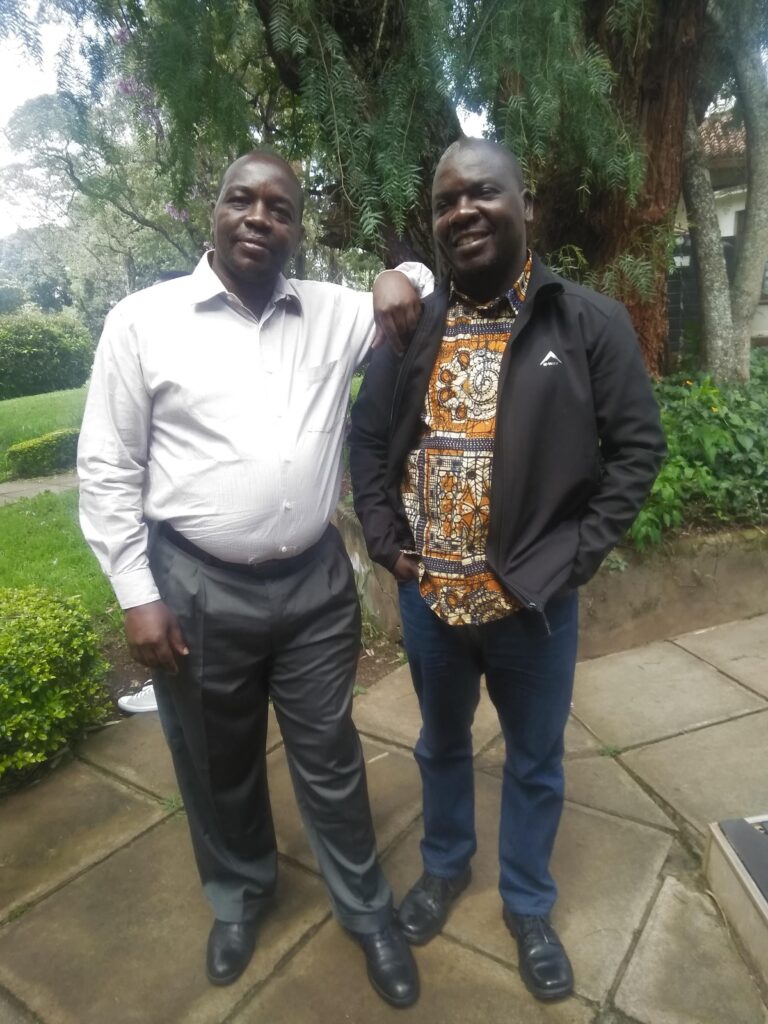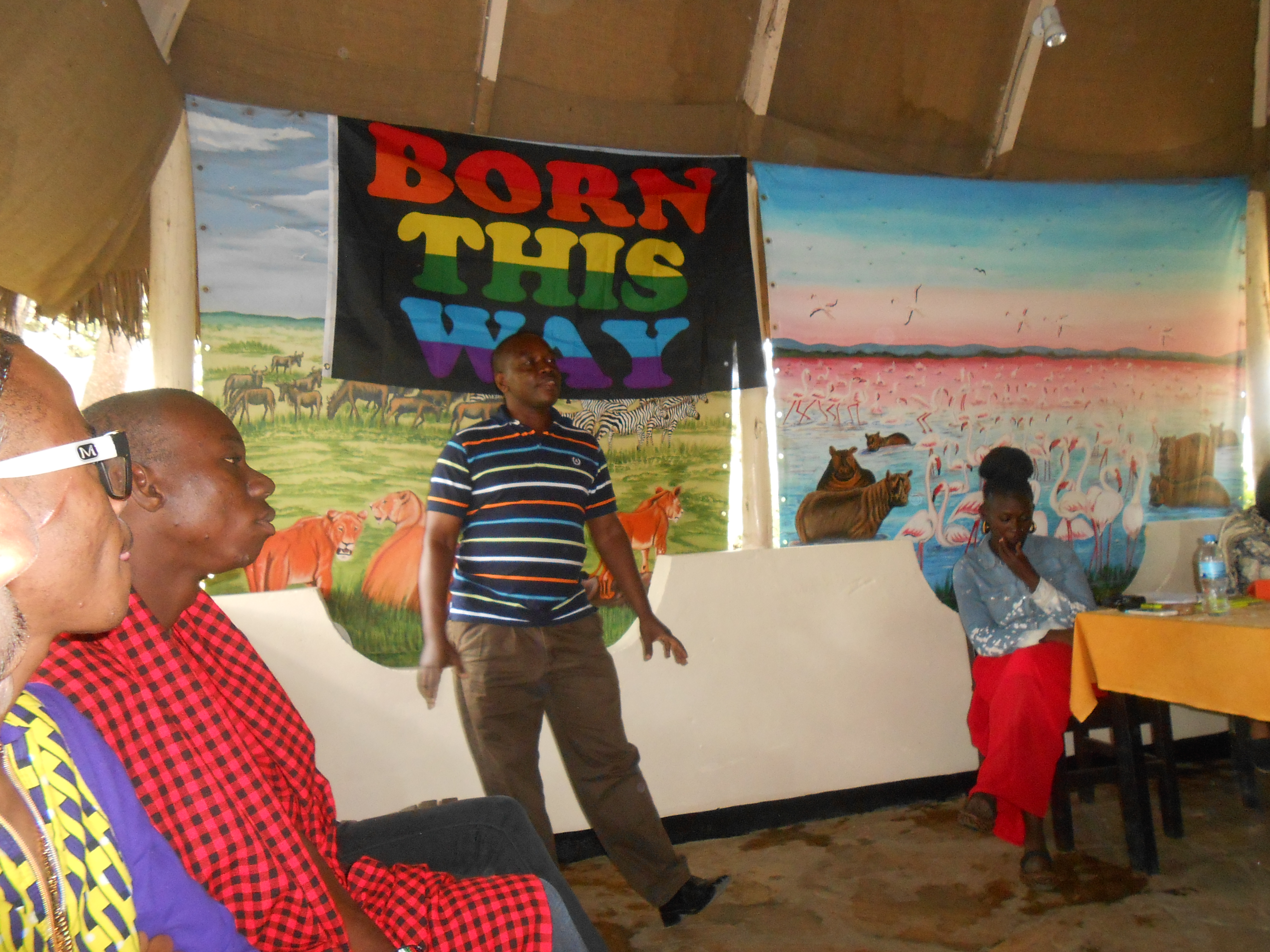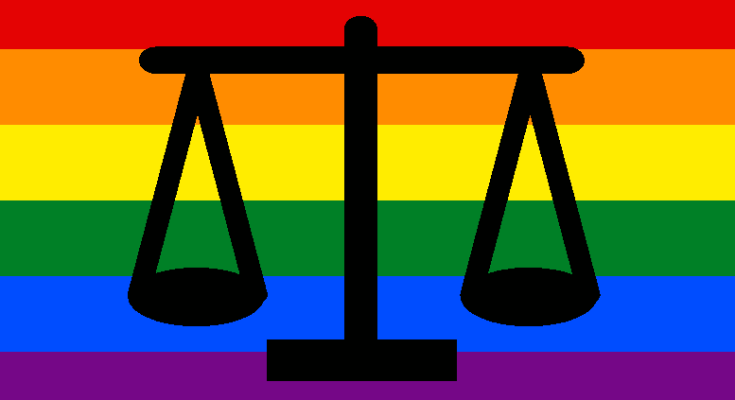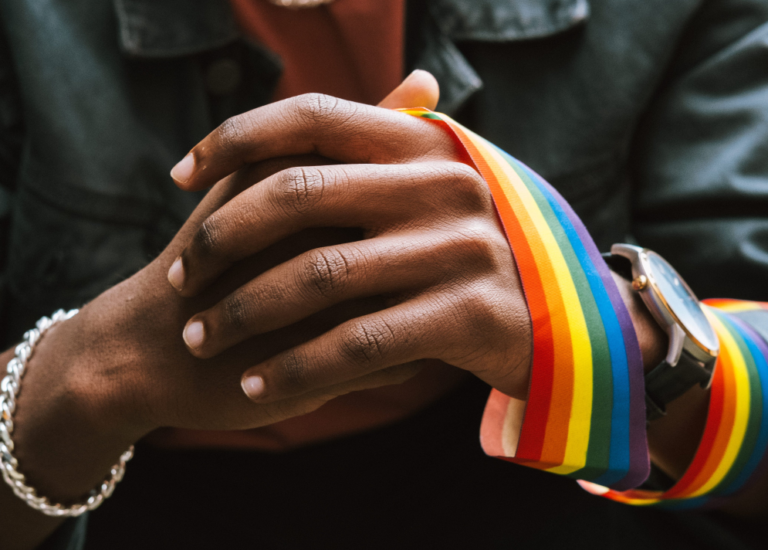
In our ever-evolving and intricate world, the journey from tolerance to genuine acceptance necessitates deliberate effort, introspection, and a steadfast commitment to breaking down barriers. It is high time that we leave the past behind us and adopt a fresh mindset towards others, particularly those who appear vastly different from ourselves. If we were to delve beneath the surface, we would realize that the so-called “good old days” were not as idyllic as nostalgia may lead us to believe. In reality, they were filled with their own set of challenges and uncertainties. Thus, it is imperative that we acknowledge the need to shift our thinking and actions in order to transcend the superficial level of mere tolerance and instead embrace, accept, and establish equity in a world that is in a constant state of reinvention.
To achieve this transformation, it is crucial to cultivate a genuine understanding of and empathy towards those who are different from us. Rather than simply tolerating their presence, we must actively seek to learn about their experiences, perspectives, and struggles. By doing so, we can break down the barriers that separate us and foster a sense of unity and inclusivity.
True acceptance goes beyond simply acknowledging the existence of different gender orientations and identities. It involves a deep understanding and recognition of the systemic injustices and biases that specific groups face on a daily basis. In order to achieve true acceptance, we must actively confront our own prejudices and privileges and actively work towards building a society that is fair and inclusive for everyone.
Systemic injustice can be observed in the limited representation and visibility of certain gender identities in decision-making and leadership roles. Transgender and non-binary individuals often face underrepresentation or negative portrayal, which perpetuates harmful stereotypes and contributes to their marginalization. To address this bias, it is crucial for media organizations to actively seek out and promote diverse voices and perspectives. This can be achieved through initiatives such as casting transgender actors in transgender roles and ensuring the involvement of transgender and non-binary individuals in the creative process.
Dealing with systemic injustices and biases also necessitates self-reflection on our own privileges and biases. Privilege refers to the advantages and benefits that certain individuals or groups enjoy solely due to their social identity. For instance, cisgender individuals often enjoy the privilege of not having their gender identity questioned or invalidated. It is important for those who possess privilege to acknowledge it and utilize it to uplift and support marginalized groups.
Ultimately, genuine acceptance requires us to go beyond superficial recognition and actively strive to address the systemic injustices and biases that specific groups face. This entails confronting our own prejudices and privileges and actively working towards constructing a fairer society where everyone is treated with dignity and respect, regardless of their gender orientation or identity. By taking these steps, we can contribute to the creation of a more inclusive and equitable world for all individuals.
Statistics can also shed light on the importance of moving beyond tolerance towards acceptance. For instance, studies have shown that diverse teams and organizations are more innovative and perform better overall. By embracing diversity, we can tap into a wide range of perspectives and ideas, leading to greater creativity and problem-solving.
Furthermore, accepting and embracing others does not mean erasing our own identities or sacrificing our values. It is about recognizing the inherent worth and dignity of every individual, regardless of their differences. By celebrating our diversity, we can create a society that is not only more inclusive, but also more resilient and adaptable to change.
The time has come for us to transcend the outdated notion of mere tolerance and strive towards true acceptance and equity. This requires us to actively challenge the status quo, confront our own biases, and actively work towards dismantling the barriers that divide us. By doing so, we can create a world that is not only more inclusive, but also more just and compassionate. Let us embrace this journey of transformation and embark on a path towards a brighter and more harmonious future.



